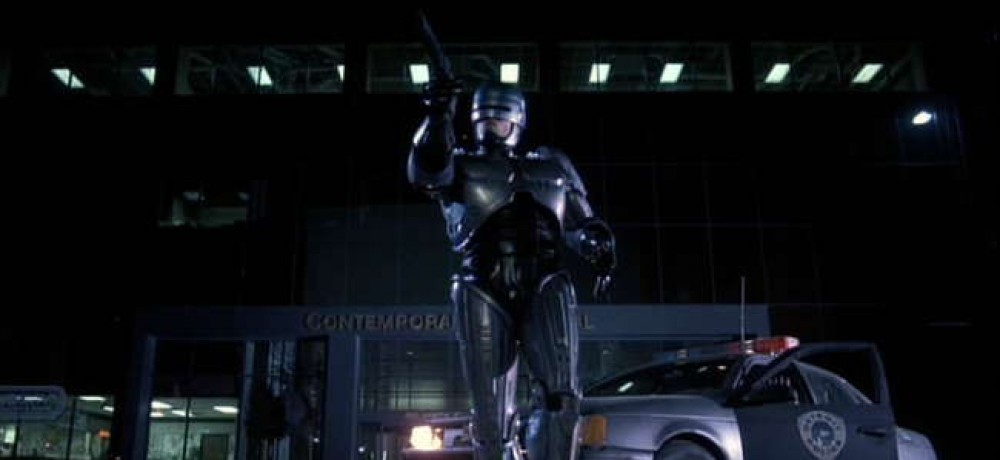A lot of what happens in Fede Alvarez’s Evil Dead comes down to the hostility of its characters. Most of it directed at David (Shiloh Fernandez), who left his sister Mia (Jane Levy) while their mother was mentally ill and dying. This, in turn, led to Mia’s drug addiction, the detoxing of which is the impetus for this cabin sleepover. However, that hostility is as free-floating as the demonic spirit that haunts the Massachusetts woods* when one of their number reads from the Necronomicon. Not only do Mia’s friends Nick and Olivia show resentment towards David, due to being left to care for Mia, but to each other and even Mia herself. When she warns them of things being wrong in the woods–after a much nastier version of the infamous “rape by tree” from Raimi’s original Evil Dead–Olivia cruelly remarks the cuts on her arms were probably self-inflicted and dopes her with tranquilizers. She refers to such measures as “doing this the hard way.” Their intentions of helping kick the habit might be noble, but the cynicism of these actions effectively puts off dealing with the real problem (in both text and subtext).
When the shit really hits the fan, and everyone realizes that Mia’s not just going through withdrawal (right around when she vomits blood and speaks in a voice not hers), Nick proposes killing her. Because of course he would. He spends most of the movie removing himself from the presence of others: we’re first introduced to him sulking at his car; later, his fixation on the Necronomicon is as much him avoiding David as it is curiosity (the favorite excuse for genre contrivance). Naturally, he’s the most removed, and most likely to suggest euthanasia. This is justified as “putting her at peace,” a sentiment shared with the movie’s prologue, where a man is forced to murder his possessed daughter.
Despite the trip being about helping Mia, it’s notable how she’s deemed expendable. Olivia and Nick are resigned to this being a last, all-but-doomed effort for Mia to quit heroin cold turkey. Such an attitude is common in how society handles addicts–where the larger institutions would rather imprison than treat, while family and friends might give up under the financial and emotional strain–which leaves people like Mia truly lost (“Your sister’s being raped in hell,” she says. A chilling metaphor). David himself struggles with this impulse throughout the movie, due to self-interest and fear of losing his mind (like his mother did and his sister appears to be). Early on, he breaks a vow that he would take Mia home if she asked (Jane Levy’s wide eyes and almost childlike face convey her sense of betrayal, which soon turns to rage). He also tries to avoid talking about the past (he stops Mia muttering an old nursery rhyme), a discomfort about family the Deadites exploit in some of their more obscene outbursts. One is directed at his girlfriend Natalie. Her use is limited (she fades to the background in virtually every scene before Mia attacks her), really only there to inform how David has removed himself from his sister.
The narrative truly belongs to Mia. Alvarez’s detox subplot is mixed with elements of the Final Girl narrative–the transformation from victim to hero and a baptism by blood–a far more effective use of tropes than last year’s Cabin in the Woods. However, the movie toys with David’s sibling affection most of the movie, asking what it really means to be family and stand by those you love. And it turns out compassion, not cynicism, is really the hard way.
*Disappointed on this front. With all the references to the Mitten, I was sure this cabin was in Northern Michigan.

